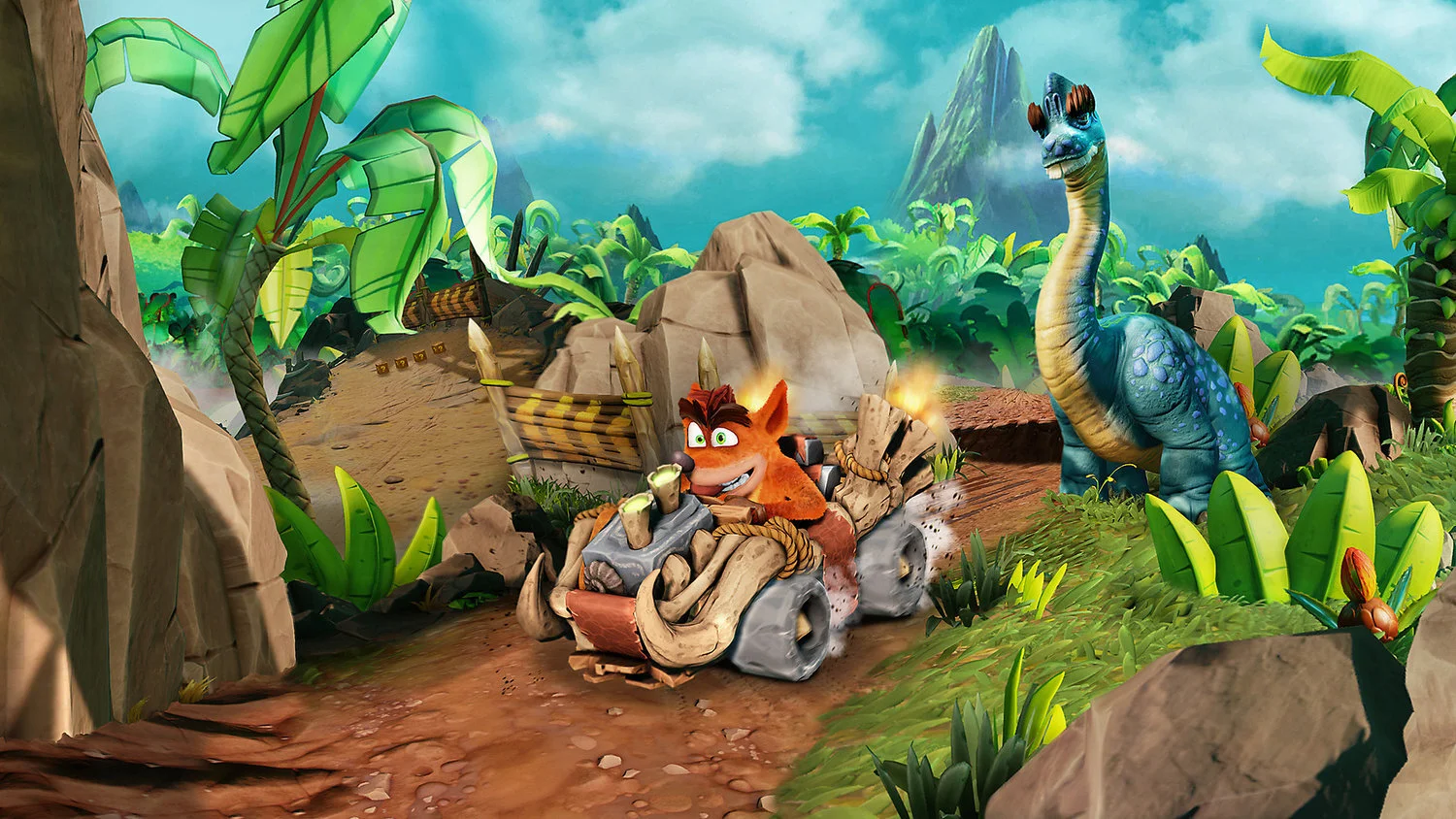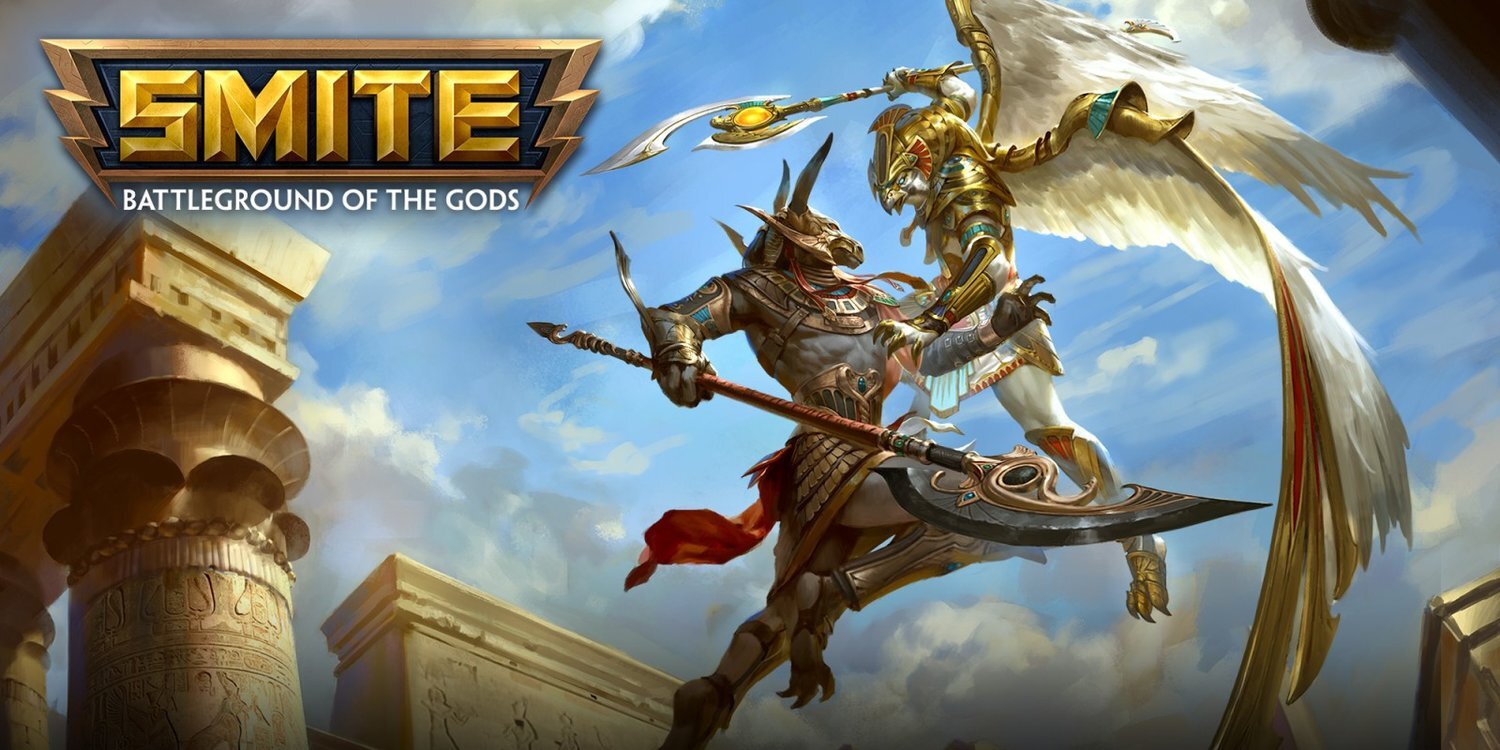A Discussion Starter for Post-Launch and Post-Review Microtransactions in Games
FEATURING QUOTES FROM SEVERAL OTHER CRITICS AND CONTENT CREATORS
Around the time it came out, I reviewed the remake of Call of Duty 4: Modern Warfare on PS4. Well before release, I was asked if I wanted to review the single-player campaign of which I had a lot of fondness of since I had played the original and spent countless hours in Modern Warfare 2 on the Xbox 360. I scored the remake pretty high, giving it an 8.4/10 on Marooners’ Rock. What I didn’t know was that Activision added microtransactions about a month post-launch. Let that sink in, Activision added microtransactions to a remake that didn’t have them at all in the original release, aside from map-pack purchases. Now that Activision has repeated this with Crash Team Racing Nitro-Fueled, well after release and reviews, I find it high time to break down post-launch and post-review microtransactions and see what other critics and gaming content creators think of the practice.
Consider this a good starting point for the overall discussion of recurrent spending in games, microtransactions, downloadable content, and the like.
For those unaware of the terms I’m using, microtransactions are smaller purchases that can be made in a game typically through a store menu option. Mostly the content that can be purchased are new costumes (skins) or visual flairs that are added to the game over time. Some in-game purchases can give a distinct advantage to those who pay up compared to those who play for free or only paid the base price of the game; these sort of items are often called pay-to-win items and are collectively held in negative regard. Post-launch in this article means content added to the game following its release either physically or digitally. Post-review means that content was added after most reviews have been published by games media outlets, typically not long after the game releases.
This discussion awakened once more after the details for the Back N. Time Grand Prix update for Crash Team Racing Nitro-Fueled were released, which revealed that the in-game currency Wumpa Coins would be available for purchase outright. It reads in part, “As always, the Pit Stop will be stocked with new and returning characters and cosmetic items, which players can unlock using Wumpa Coins. With all this content available, there will also now be a way for players to fast-track their Wumpa Coin collection if they like. Starting in early August, players will have the option to purchase Wumpa Coin bundles from their game console stores to supplement the Coins they earn by playing. This option won’t change the game’s core mechanics – players will still earn Wumpa Coins by playing the game in any mode, just as before. They will just be able to purchase additional coins if they choose.”
In several reviews of Nitro-Fueled, critics commented that the in-game Pit Stop shop looked like a typical free-to-play marketplace with obvious Fortnite inspirations but many were happy that there were no microtransactions to be found at the time. Though several, including Jim Sterling, said that they would probably be added later on. The Back N. Time update has since launched, much to the dismay of many critics who had lots of praise for Nitro-Fueled upon launch.
One of the most prominent Crash Bandicoot creators that I know of, Caddicarus, recently uploaded a video sharing his frustration and disappointment with the game’s update. He had previously called the game one of his favorite kart racers of all time.
What’s most troubling about the inclusion of microtransactions in Crash Team Racing Nitro-Fueled is the fact that most of the physical sales have already happened with packaging having no indication of it having in-game purchases. I personally find this approach deceitful, which fits the overall trend of how in-game purchases are being handled in many of the most popular games that feature this extra content.
I asked about twenty content creators, writers, streamers, and podcasters on their thoughts about post-launch microtransactions. I asked them all the same question: Does the incorporation of micro-transactions or in-game economies after a game has launched and been reviewed by most outlets and users affect your likelihood to recommend a game to someone or the game’s overall rating?
Here are the six answers I got back:
“Maybe. I think it really depends on how egregious and what type of content is in said microtransactions. Skins and in-game currencies wouldn't really affect me recommending a game to someone. Stuff like XP boosts, general in-game items. and abilities. or level-ups would for sure. Weirdly. any type of microtransactions in a single-player only game wouldn't affect it but that's mostly because I don't think these have been an issue so far and it wouldn't really make the game unfair to anyone.” - Justin, Here’s Johnny Podcast
“Yes. I believe that, unless this is conveyed to everyone before release in major detail, then it is a slap in the face to people who bought one product only to be told they need to buy even more. That stands the same even if those items are purely cosmetic. I don't buy a single-player game to then turn around and buy outfits that were left out for $5, $10, or even $20 more after the fact, especially if I'm unaware beforehand.” - Zach Snyder, Forever Classic Games
“It really depends on what it is being offered. If the base experience is a lot of fun and it doesn’t matter, then whatever. Kinda like how I feel the focus of TF2 and CSGO shifted post-release to a more cosmetic type of content. In those cases, sure whatever! Even in something like Rainbow Six Seige, which adopted microtransactions later into its lifespan, and it was totally fine because of how long they were supporting the game. I guess my answer is like... maybeeeee?” - Austin Eruption
“It does, although, it always depends on how it's communicated. Opinions on loot boxes aside, it always feels wrong to spring extra micro transactions on customers. I wouldn't really stop recommending a game, but it would definitely be a caveat I would add to any recommendations.” - Kyle, PostCubicleKyle
“I don't do ratings but if the microtransactions are a central mechanic or annoyingly intrusive it would absolutely affect a recommendation.” - Daria, DariaPlaysRPGs
“It depends how much they affect gameplay. If they're a secondary thing that doesn't get in the way of how a game plays and are mainly put in as an option to help players unlock things quicker, I see no harm in it. However, if it's a "pay to win" thing, or something required for players to move forward within the game… it could be a HUGE problem.” - Robert Workman, The ARGcast, various outlets
The general consensus is that it depends on the type of microtransaction being offered. Things that directly affect gameplay seem to be disdained, while more visual additions appear to be accepted.
I also proposed this question on Twitter and on several Facebook groups.
Does the incorporation of micro-transactions or in-game economies after a game has launched and been reviewed by most outlets and users affect your likelihood to recommend a game to someone or the game’s overall rating? #gaming
— Alex McCumbers 🔜 PAX West (@4EverClassic105) August 12, 2019
On Twitter, we had a total of 20 votes with 90% saying that these sort of additional economies post-launch does affect how they recommend games to others. On Facebook, I dropped the same question on the Forever Classic Hub where we had 7 votes, 86% yes, 14% no, and on the Pittsburgh Modern Gaming Group where there were 16 votes, 87.5% yes, and 12.5% votes no. Next time I gather this sort of data though, I will need to do something like a Straw Poll or a more centralized form. We didn’t get a huge sample size but the results still seem to be in favor of transactions added after release affecting the recommendation of a title.
More and more, I find myself shying away from AAA games because of these extra charges for content that was likely held back to make extra funds. Mechanically, I think Overwatch is brilliant and the characters are all fun to play as. However, because of the loot box system, I play it maybe a single evening every six months or so. The same goes for Fortnite, a game where I have seen first hand how kids treat those without certain skins. Being good at Fortnite and having cool skins is all the rage for younger players. It’s nothing super out of the ordinary because children have done this sort of thing with other products and fads but it is interesting how that layers with the other tactics being used in Fortnite specifically.
Though I am highly critical of these monetization mechanics, I cannot blame the people actually making the games overall. I have a feeling that in most instances, these mechanics are put in shortly before launch and pushed through by the publishers paying the bills. This isn’t always the case, I'm sure, but I still cannot fault artists, programmers, composers, or anyone else actually creating the game. This is why I think most criticism can be directed to the game’s publishers but of course each case is different and should be researched before voicing concerns. More on how to go about voicing these opinions later.
Only one game has successfully convinced me to buy cosmetic items, Smite. I enjoyed Smite because of how it handled character unlocks compared to other games in the MOBA genre; all of the characters and future characters can be purchased for $30 USD, a price that I saw as a bargain and more than fair. Although, these days Smite looks to have all kinds of confusing and complex monetization systems so upon revisiting it, I am less inclined to play.
The difference though between these games and Crash Team Racing Nitro-Fueled or COD4 Remastered is that these practices came in after the games had launched. About a month passed before these microtransactions were put into these two Activision published games. This basically undercuts any sort of pre-launch game criticism, making it impossible for those reviewing games to get accurate information to their audience. Not having it on the box for physical releases could also have the potential to put those with gambling issues or addictive tendencies at risk of unhealthy spending. I also see guardians who are not super ingrained into gaming not catching these warnings before purchasing these games for their children.
According to recent news, it looks like Microsoft, Sony, and Nintendo are looking to add information to their console stores with 2020 being a target year. This would likely be similar to what is done on the Google Play Store and the Apple App Store for mobile games, featuring a tag that notifies that there are microtransactions in the game. There is also hopes for the odds of any randomized content to be disclosed, yet this sort of data should be confirmed by a third-party because it could be changed at will by publishers unless there’s some sort of regulation to prevent that practice.
Loot boxes and in-game monetization continues to be studied by government bodies around the world and the Entertainment Software Association.
Really, I believe that the best practice for developers is to be upfront about their monetization models. Content should be able to be purchased outright, rather than locking it away behind a random box. Randomized boxes could be a cheaper options because of the risk of unwanted items. Items should only be attainable once if there’s no use for having multiples. Seasonal items should regularly return.
I would also like to see content trading return. Right now there is less control in the hands of the consumer and this is often in games that have already been paid for.
Overall, I personally cannot stand most monetization systems in games and it absolutely affects how I critique a title. If I were to have reviewed Crash Team Racing Nitro-Fueled, I would have been rather upset and probably would have altered my review score, likely docking a couple points.
Tangential to this, micro-transaction content has no business in single-player games at all, whether it be time savers or whatever, at least in my opinion.
Post-launch content is at its best when it adds to the experience or gives new tools or creates new content with the same assets. I adore DLC add-ons that feature new areas or new characters and stages in fighting games, new modes in shooters, new maps, there’s so much I have loved about developers being able to perfect their games after they’ve been released that it saddens me greatly to see how it’s being treated at large today.
At the end of the day, voicing one’s opinion to game developers and publishers is important to spark any kind of change but please do so in a way that’s constructive, detailed, and open for discussion. People lashing out and harassing specific developers who likely had nothing to do with microtransactions is never okay.
All in all, spend money on things that you enjoy. The more people buy into microtransactions, the longer they’ll perpetuate in games.
Just be aware of the types featured in each game and know that these systems can change dramatically throughout the lifespan of the game.
Thank you to those who provided quotes for this article and those making content around this topic and the issues associated with it.
Anyone who would like to continue the conversation may send us an email, find us on Twitter, or join our Discord. We are interested in meaningful discussion rather than baseless arguing.
Image rights belong to their respective property holders.










Video games have been demonized since their inception but several studies suggest that games can be actively helpful in many applications. Juno explores if video games can actually be good for the mind.